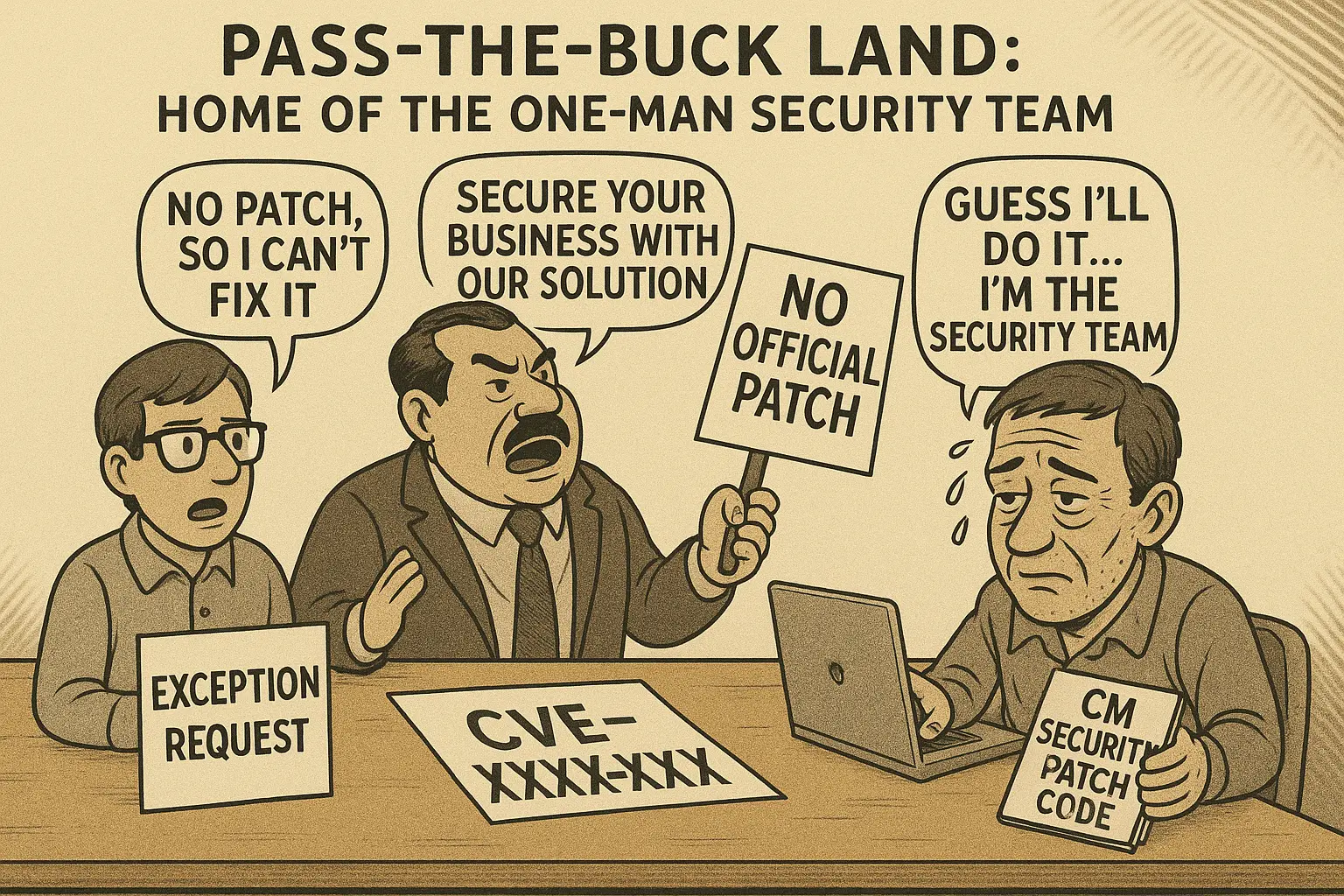
1. Overview
1.1 Purpose of the Report
This report analyzes the cause and resolution of the CVE-2019-17570 vulnerability in Apache XML-RPC and provides a practical guide for secure implementation in real-world projects.
1.2 Background
Many existing security guides and tools simply report “no patch available” when there is no official fix, without providing developers with concrete remediation steps. This report aims to close that gap by offering actionable security advice from the security team to development teams.
1.3 Introduction to Apache XML-RPC
Apache XML-RPC is a Java-based library that implements XML-RPC, no longer officially maintained by Apache.
1.4 Summary of CVE-2019-17570
The vulnerability allows Remote Code Execution (RCE) by deserializing untrusted server responses on the client side.
- Official advisory: GitHub Advisory
2. Detailed Vulnerability Analysis
2.1 Overview and Impact
- CWE-502: Deserialization of Untrusted Data
- An attacker can exploit a malicious XML-RPC server to execute arbitrary code on the client.
2.2 Root Cause
Object exception = map.get("faultCause");
ObjectInputStream ois = new ObjectInputStream(new ByteArrayInputStream((byte[]) exception));
errorCause = (Throwable) ois.readObject(); // Vulnerable code
2.3 Attack Scenario (PoC)
A crafted faultCause object sent by a malicious server is deserialized by the client, resulting in code execution.
3. Patch Analysis
3.1 Key Enhancements
- Introduced
isEnabledForExceptionsflag to conditionally allow deserialization - Disabled external DTD loading in SAXParser for added XML security
3.2 Code Comparison Before and After Patch
After Patch:
if (((XmlRpcStreamRequestConfig) cfg).isEnabledForExceptions()) {
Object exception = map.get("faultCause");
...
}
Disable DTD Loading:
spf.setFeature("http://apache.org/xml/features/nonvalidating/load-external-dtd", false);
3.3 Manual Patch Examples
4. Distribution-Specific Patch Status and Maven Considerations
4.1 Patched Distributions
- Debian, Red Hat, Amazon Linux: security patches are applied and managed independently
4.2 Limitations of Maven Central
- No patched version available beyond official 3.1.3; users should use distribution packages or forked versions
4.3 Recommended Dependency
<dependency>
<groupId>com.evolvedbinary.thirdparty.org.apache.xmlrpc</groupId>
<artifactId>xmlrpc-client</artifactId>
<version>4.0.0</version>
</dependency>
5. Secure Implementation Example
XmlRpcClientConfigImpl config = new XmlRpcClientConfigImpl();
config.setServerURL(new URL("http://trusted-server.com/RPC2"));
config.setEnabledForExceptions(false); // Disable deserialization
// Disable external DTD loading
SAXParserFactory spf = SAXParserFactory.newInstance();
spf.setFeature("http://apache.org/xml/features/nonvalidating/load-external-dtd", false);
SAXParsers.setSAXParserFactory(spf);
6. Conclusion and Recommendations
- Use distribution-specific patched versions
- Consider using the evolvedbinary fork
- Migrate to gRPC, JAX-WS, or SOAP for long-term robustness
This report provides actionable insights and implementation tips to mitigate CVE-2019-17570 in production environments.